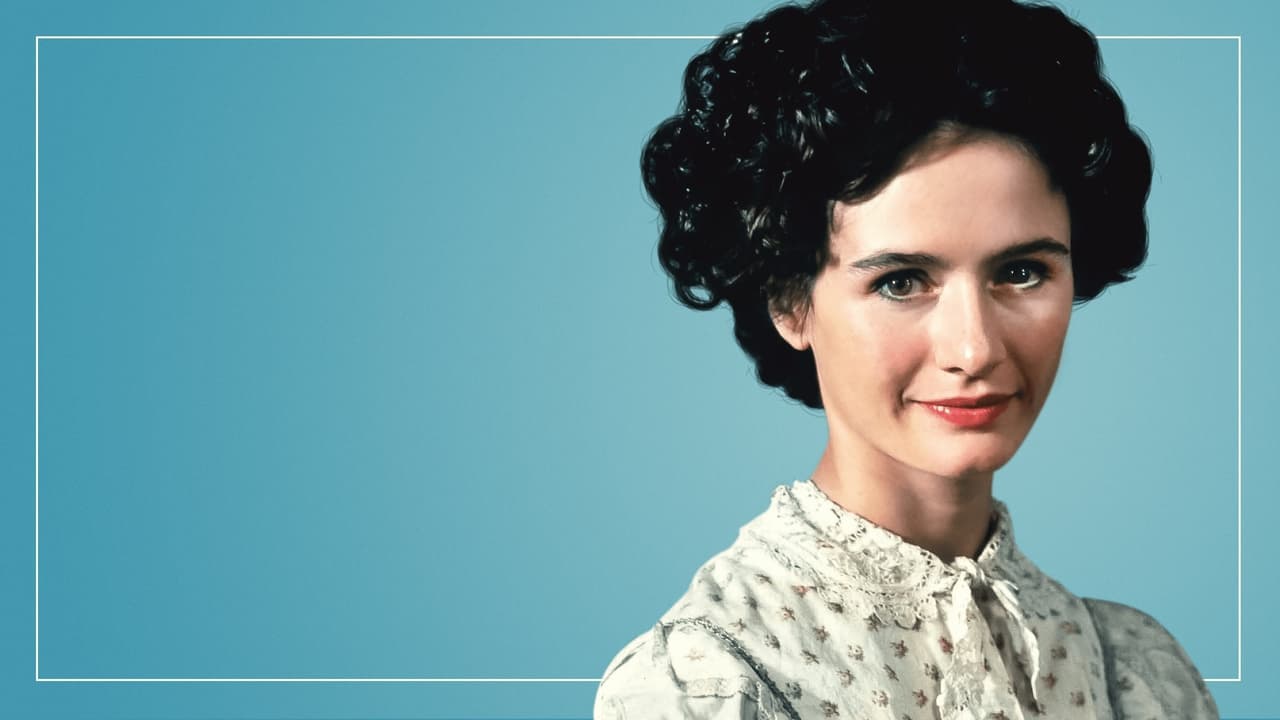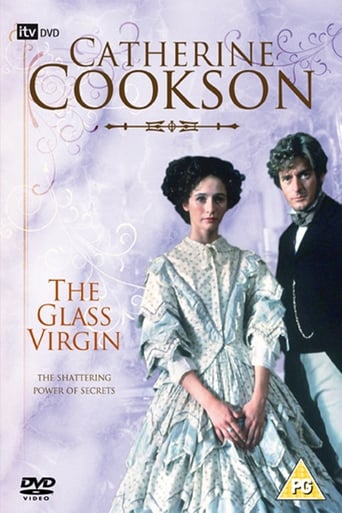

Charming and brutal
... View MoreOne of the worst ways to make a cult movie is to set out to make a cult movie.
... View MoreA film of deceptively outspoken contemporary relevance, this is cinema at its most alert, alarming and alive.
... View MoreIf you're interested in the topic at hand, you should just watch it and judge yourself because the reviews have gone very biased by people that didn't even watch it and just hate (or love) the creator. I liked it, it was well written, narrated, and directed and it was about a topic that interests me.
... View MoreBaby-faced Brendan Coyle does about as well as can be expected with the terrible writing. And that's the high point of the film. Seriously. Even the wigs are bad, much less the writing, directing, and acting. It's almost impossible to care what happens to these characters, because they are boring and stupid. Emily Mortimer in particular is beyond irritating in the ingénue role. Only worth watching if you want to feel old and tired by the end, because this movie drags on so painfully, you'll think the run time is at least twice as long as it actually is. Although, I suppose you could make a drinking game out of it, by, say, taking a shot every time the weather changes to match the character's moods, or every time a character completely overreacts to something, or every time there's an awkward attempt at a beefcake shot featuring Mr. Coyle, or every time you find yourself wondering why Ms. Mortimer has such ridiculously over-sized hair, etc.
... View MoreThe only reason to watch this is to see a pre-North and South, pre-Downton Abbey Brendan Coyle. The usually lovely Nigel Havers is painful as a stereotypical villain, and though Coyle too is slumming it, we at least see his charm. Catherine Cookson's characters are two-dimensional, her plots plodding and unlikely, her portrayal of period social mores and class conflict ridiculously exaggerated. The film's so-called foreshadowing is heavy-handed and so is the acting. Not even otherwise talented, well-trained British actors can really rise above the crummy script. There are better historical fiction writers out there worth dramatising, I'm sure, but somehow Cookson's style melodrama and tin ear (for both dialogue and period setting) finds an audience. The discerning Masterpiece/BBC/ITV period drama fan will stay away. I give a 2 only for Coyle and glimpses of Havers.
... View MoreHaving never read the book, I don't know if this is a faithful adaptation of Catherine Cookson's novel, but as a film itself it does quite well. The storyline was interesting - watching two main characters develop and change over time through different circumstances. And the continuity held up, something that I have a problem with in many British films. The backdrop of 19th century England was beautiful as usual.The casting was well done and the acting is superbly accomplished. Emily Mortimer plays Annabella beginning at age 17 and manages to pick up the innocence and charm of Samantha Glenn who plays Annabella as a child. Emily successfully develops the character from a slightly spoiled privileged girl into a woman capable of facing a cruel world, overcoming obstacles and learning lessons about life along the way. Brendan Coyle is excellent and plays Manuel Mendoza, the hired groom, as naturally as if he were born into the part.Foreshadowing in the movie plays quite well. When Annabella is ten years old, she tells Mendoza that she considers him a friend and hopes that she might be his friend. His reply turns out to be prophetic and is echoed in slightly different forms as their relationship develops through the film.Also in one scene we see Annabella as a little girl and Mendoza playfully tossing leaves into a brook. We watch as the leaves land in the water and together float away downstream. This foreshadowing of their life is repeated slightly in a scene where Annabella is bathing in a stream and we watch her soap bubbles float downstream to Mendoza.One problem with the film, and I have found this to be typical of many British productions, is sound quality. The background music is very uneven and goes up and down often, causing unnecessary distraction.Although as a whole the film is quite good, a weak part of the film that should have been better portrayed was the increasing love between the two main characters. As portrayed, it is difficult to tell just exactly where they each begin to realize their love for each other, and the mixed emotions that are occurring in each, causing so much difficulty for Annabella.I would also have liked to know a little more about the background of Mendoza. Basically we know all about Annabella, because we have seen her grow up, but Mendoza's background remains somewhat of an enigma with just a few sentences here and there to suggest his background.Sarah Hellings, the director, accomplished a delightful film, a tender and affectionate story of true love based on true friendship. Set in the background of 1800s England with beautiful scenery of the outdoors, we see the joy and tragedy of both sides of life - the privileged class and the working class. It tells us life is not always pretty or easy, but we can still make it good wherever we are.
... View More